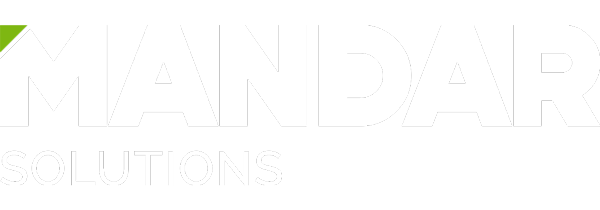There is a legal duty for landlords to assess and control the risk of exposure to legionella bacteria.

What is Legionella?
Legionnaires’ disease is a potentially fatal form of pneumonia caused by the inhalation of small droplets of contaminated water containing Legionella. It’s unfortunate that all man-made hot and cold water systems are likely to provide an environment where Legionella can grow so long as conditions are favourable (that is to say that there is a suitable growth temperature range; water droplets (aerosols) produced and dispersed; water stored and/or recirculated; some ‘food’ for the organism to grow such as rust, sludge, scale, biofilm etc). This then provides an environment that the bacteria may multiply thus increasing the risk of exposure. It is a simple fact that the organism will colonise both large and small systems so both require risks to be managed effectively.
The Law and Landlords
The Law is clear that if you are a landlord and rent out your property (or even a room within your own home) then you have legal responsibilities to ensure the health and safety of your tenant by keeping the property safe and free from health hazards such as Legionella.
A landlord is anyone who rents out a property they own under a lease or a licence that is shorter than seven years. Landlords’ duties apply to a wide range of accommodation, occupied under a lease or a licence, which includes but not exclusively, residential premises provided for rent by:
- local authorities
- housing associations
- private sector landlords
- housing co-operatives
- hostels
How can R-DNA help?
As R-DNA is costed on a per metric basis, it provides a cost effective and scalable solution for landlords needing to monitor a single water system in a single property through to large estates and campus’. Our system can monitor occupied or empty properties without the need for costly and time consuming visits, and can configured to trigger alerts at your chosen thresholds. With our partners at Ultra Electronics, we can provide all the necessary hardware as well as initial R-DNA setup to provide you with monitoring services within a very short lead time.
Keeping a record of the assessment
Whilst Landlords are not necessarily required to maintain recordings of the findings of any assessment, R-DNA provides facility to retain data for a period of 12 months, and also create detailed reports of information such as water temperature, flow rate.
If you are a landlord or Facilities Management company and need assistance with Legionella monitoring, or any other facilities monitoring then, contact us for a no obligation quotation.
